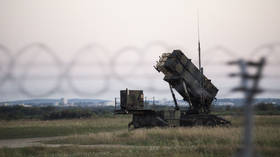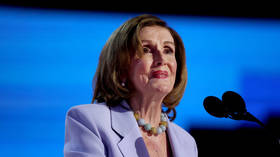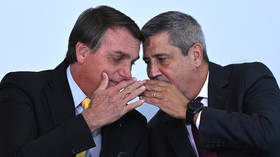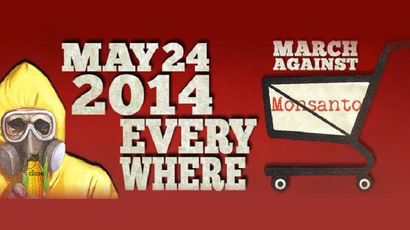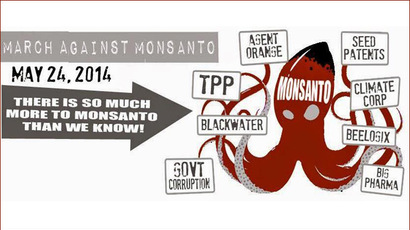US pressures El Salvador to buy Monsanto's GMO seeds
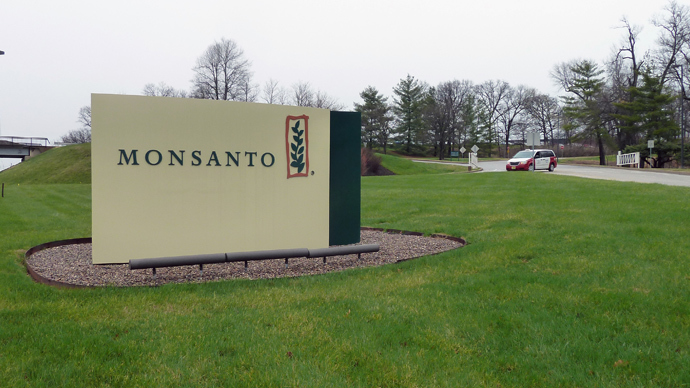
As one of the preconditions to authorizing close to $300 million in aid, the United States is pressuring El Salvador to purchase genetically modified seeds from Monsanto instead of non-GM seeds from local farmers.
According to Sustainable Pulse, a website covering developments related to genetically modified organisms and sustainable agriculture, the US will reportedly withhold $277 million in aid through the Millennium Challenge Compact if El Salvador refuses to purchase GM seeds from the biotech company Monsanto.
The website states that the stalled aid package was originally put on hold in late 2013, when it was revealed that Millennium Challenge Corporation would not deliver funds to the country unless “specific” economic and environmental reforms were made. Apparently, one of those is related to the purchase of GMO seeds.
Speaking with Verdad Digital, however, the president of the El Salvadoran Center for Appropriate Technologies (CESTA) criticized the US negotiating position and said the country should back away from its demand.
“I would like to tell the U.S. Ambassador to stop pressuring the Government (of El Salvador) to buy ‘improved’ GM seeds,” CESTA president Ricardo Navarro said, adding that the move would hurt the local economy and only benefit US companies.
Navarro specifically singled out Monsanto for criticism as well, saying, “There is a harmful corporation on the planet called Monsanto … it is truly disturbing that the U.S. is trying to promote them.”
In Europe, too, Monsanto’s GM seeds have garnered criticism. In March, France banned the growth and sale of the company’s insect-repelling maize seed MON 810, just a few days before it was revealed that insects in the US were developing resistance to the crop.
The comments from Navarro also arrive as Monsanto is under fire in several South American countries, including El Salvador and Brazil. As RT reported previously, El Salvador passed legislation in September 2013 banning glyphosate, used in Monsanto’s Roundup pesticides, as well as dozens of other agricultural chemicals.
Similar proposals are being considered in Brazil, where the country’s prosecutor general recently urged the National Health Surveillance Agency to “reevaluate the toxicity of eight active ingredients suspected of causing damage to human health and the environment,” including glyphosate and seven other chemicals.
As for why glyphosate is coming under such heavy scrutiny, new research has indicated that while the chemical is not as dangerous on its own, it becomes extremely toxic to humans once it mixes with natural metals found in soil.
Meanwhile, other reports have linked glyphosate to the outburst of a fatal kidney disease that has killed thousands of people in El Salvador and Sri Lanka, and could also help explain similar situations in Nicaragua, Costa Rica, and India.


